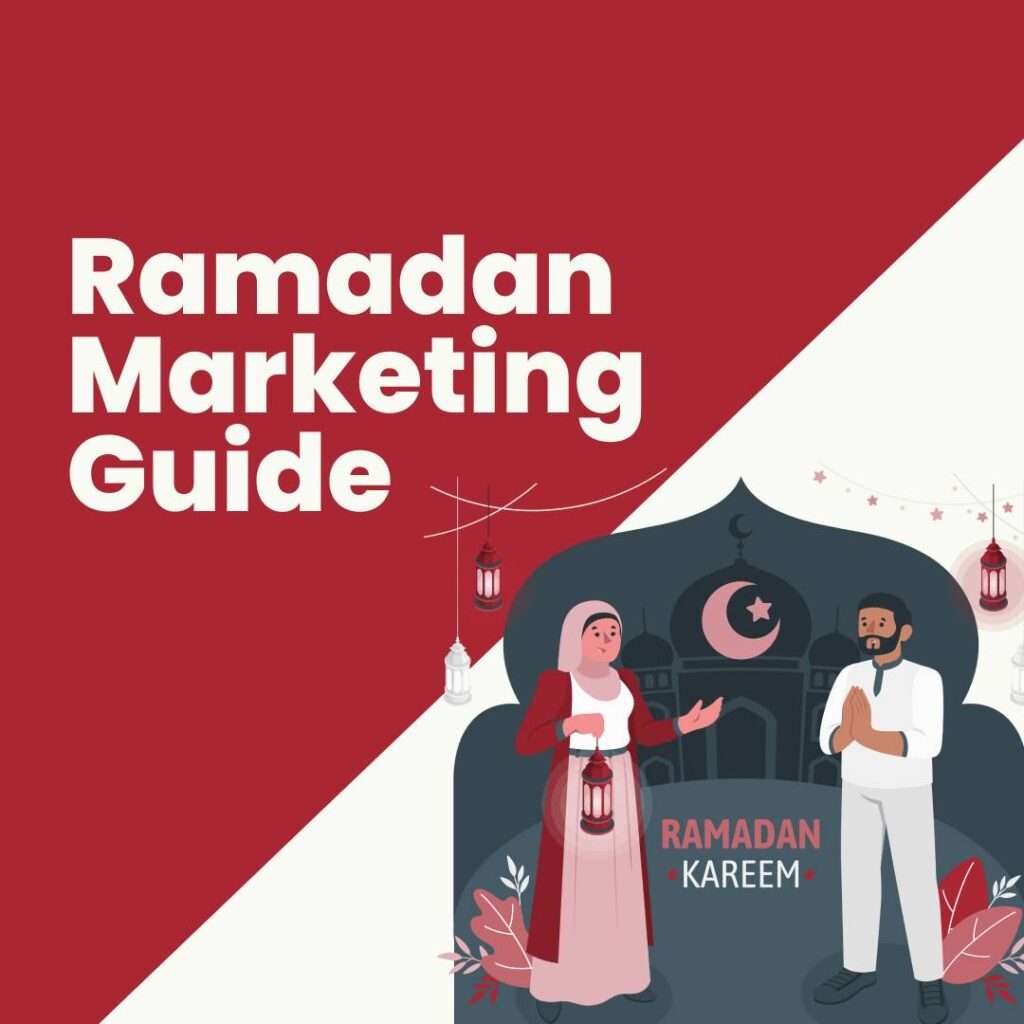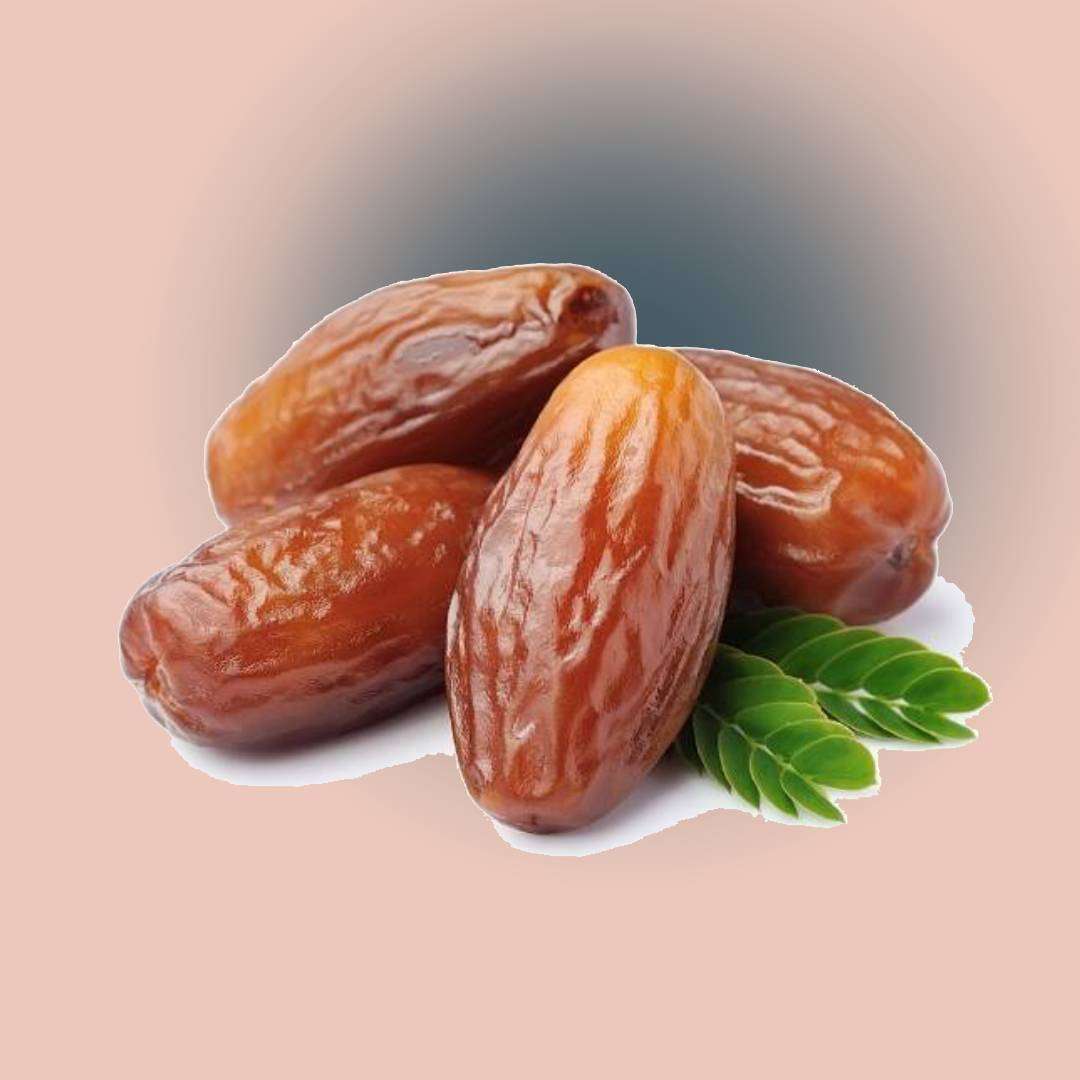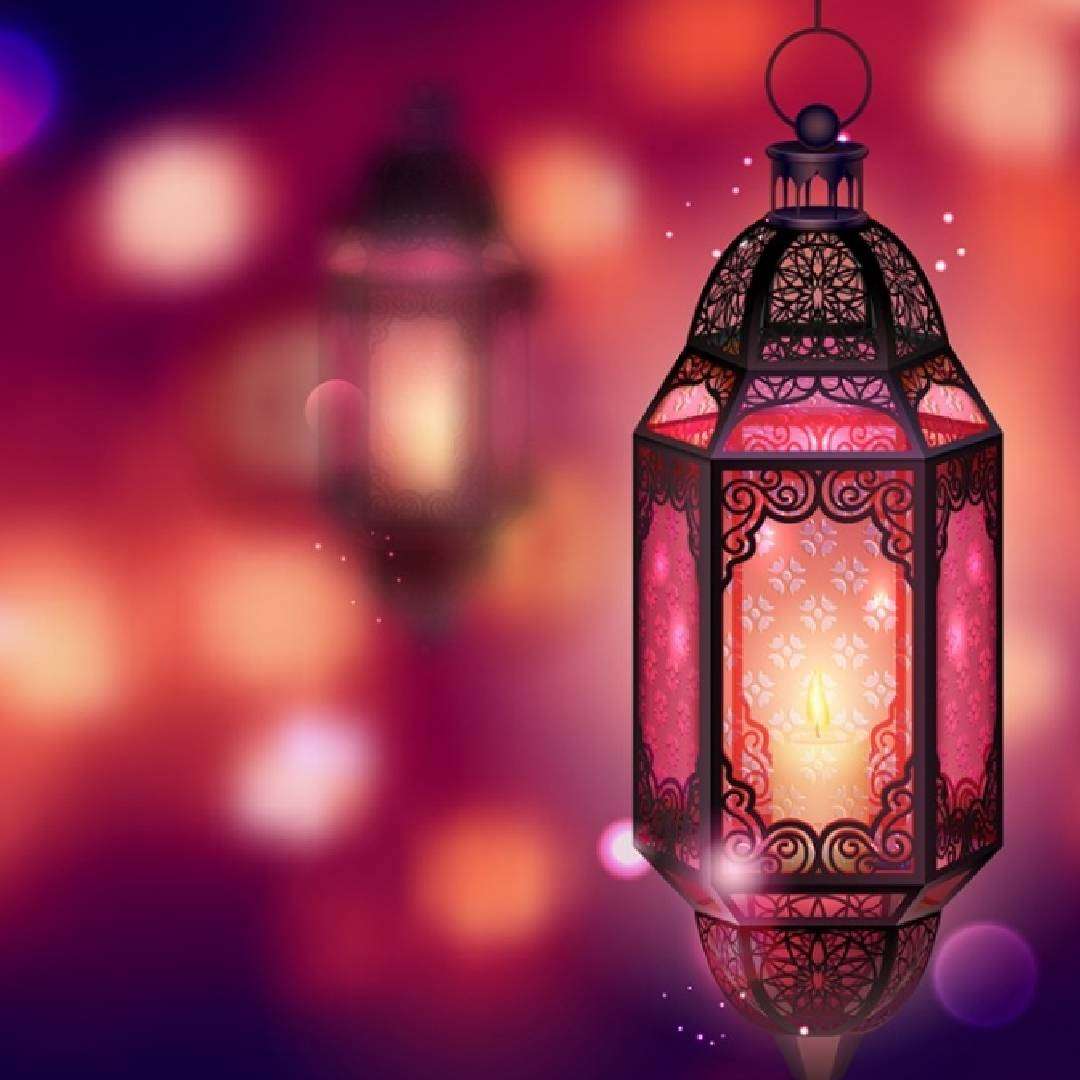Ramadan Marketing Guide
Ramadan has become a season of increased consumerism and attention to shopping. Marketers need to understand how to effectively market during this season in order to take advantage of many of the opportunities it contains and to avoid Ramadan marketing mistakes that could be costly. In this guide, we briefly cover some of the various aspects of Ramadan marketing to help you be more successful with your seasonal marketing efforts in Muslim regions

What is Ramadan?
Ramadan is the Islamic holiday that takes place during the 9th month of the Islamic lunar calendar, observed by Muslims worldwide as a month of fasting, prayer, reflection and community. Muslims refrain from various forms of physical intake during daylight hours (Fasting from dawn to sunset) throughout the month. This not only includes eating but drinking and smoking too. Families get together each evening when the sun sets to break the fast together and they often stay up to the early hours of the morning enjoying time with family and friends. You can read details about the holiday on Wikipedia here.
Consumer Behaviour During Ramadan
Ramadan shopping behaviors are complex as consumers across different countries are using both offline and online means to purchase many different products and services. According to Meta interactive reports for Ramdan, in Egypt, 86% research their Ramadan purchase online and 54% use e-commerce to discover ideas for Ramadan and Eid al-Fitr purchases. While in Saudi Arabia, 91% research their Ramadan purchases online and 54% use e-commerce to discover ideas for Ramadan and Eid al-Fitr purchases. And in the United Arab Emirates, 91% research their purchases online and 54% tend to use e-commerce websites for ideas about Ramadan and Eid al- Fitr purchases. The take from this is that if you want to increase your sales, you wouldn’t want to miss a huge opportunity like Ramadan and Eid al- Fitr in which sales in the Muslim countries tend to double and sometimes triple. There are so many opportunities for trying new ideas for your marketing campaigns.
Doing Marketing in Ramadan
Before we get into various aspects of marketing during Ramadan we should mention that the month of Ramadan is not synced with The Gregorian Calender that we use globaly, so every year you have to manually check the start and the end dates of the current year’s Ramadan which can be easily found by searching in Google. And the Eid Al-Fitr will take place after this period.
Companies that are thinking of advertising during this period need to plan ahead because some publications can get booked months ahead of time. Though it is possible to even start marketing campaigns in some circumstances after Ramadan has already started you may find that the outlets you wish to advertise with are understaffed or extremely slow to respond because of decreased working hours during Ramadan, this is especially the case in more traditional Muslim countries like Saudi Arabia. We recommend that you start your Ramadan planning 2 months before the holiday.
Symbols commonly used in Ramadan marketing ideas

Crescent Moon
Widely seen to be one of the most common symbols of Islam today. The first visible crescent moon marks the beginning of each month, including Ramadan. Given its clear connection with Islam in the minds of most people today the crescent is probably the most common symbol used in Ramadan ads and marketing today.

Dates
Dates are an essential part of the breaking fast meal each evening during Ramadan and due to this they can commonly be found in Ramadan ad campaigns. Dates are the first food that is eaten when breaking the fast and have been part of the Ramadan tradition going back to the origins of the religion.

Lanterns
Lanterns are commonly strung up in many Muslim countries due to the late hours Muslims keep during this season. As a result of this lanterns have become iconic of the Ramadan season especially in countries like Egypt where the tradition began. Though the lantern isn’t as common as the crescent moon many marketing campaigns utilize lanterns in various ad formats to convey the spirit of Ramadan.

Canons
Traditionally and still up until this day in many Muslim countries, including Egypt, Saudi Arabia, Yemen, and other countries, a canon is fired to mark the beginning of breakfast time during Ramadan. The canon is a remnant from a time most Muslims didn’t have watches or clocks but it still remains today as an iconic symbol of Ramadan. Many companies have thought of some very creative ways to incorporate a canon into their Ramadan marketing commercials and promotions.
Messages to use
Ramadan Kareem
Ramadan Kareem (Ramadan is Generous) is probably the most commonly used saying during Ramadan with its response Allah Akram (God is more generous). Most ads you will see during Ramadan have this saying somewhere on the ad. Some advertisers try to use the saying to convey that Ramadan is a time you should be generous to yourself with a new car, clothes, or some other product.
Eid Mubarak
Eid Mubarak technically means “blessed festival” and is used not just during Ramadan but during other Muslim Holidays as well. It is more common to hear it once Ramadan is over and the Eid al-Fitr has started. Eid Mubarak is also used throughout Ramadan advertising and seems to be a little bit more of a generic message like “Seasons Greetings” for Christmas.
Ramadan Mubarak
Clearly, a derivation of the above two sayings Ramadan Mubarak means “Blessed Month of Ramadan.” It is much less common to see this phrase in ads during the season but there are some times you see it used.
Happy Ramadan
In countries that are heavily influenced by the west, you do see examples of the greeting Happy Ramadan but it is probably the least recommended or the least used saying we found in Ramadan ads.
Note: Given that many of these seasonal sayings are directly taken from Arabic, there are variations in the English spellings of the words in many cases.
Respecting Culture in Your Marketing Messaging
Marketers should be cautious when determining what ad messaging to use during Ramadan and should make sure their ads are always respectful of Muslim culture and tradition. In an attempt to create a catchy ad some marketers could go wrong by depicting something or saying something that some Muslims will find offensive. Marketers have to remember that Ramadan is a religious tradition with strong emotional ties in the society that must be respected. All marketing messaging should be reviewed by multiple locals to confirm it will not be taken in the wrong way and damage a brand’s identity.
Mobile Responsive Marketing
Google recently published data that clearly shows that people across the MENA region spend more time online, use their smartphones more, and watch more Youtube videos during Ramadan. Despite this Google says most marketers in the MENA region aren’t taking advantage of this opportunity. Instead, these marketers continue to compete for a limited amount of space in traditional media outlets like TV and print. The opportunity in digital is clear for marketers who act now.
Best selling products in Ramadan
Each year consumerism in Muslim markets like the Middle East during Ramadan increases and as it increases we see more marketing budget being allotted to Ramadan ads to take advantage of this growth. With that there are a few product categories that tend to perform the best during this season that we cover below, but this is by no means a comprehensive list.
Food
Without having experienced Ramadan one would assume food consumption would be down during the month of Ramadan since it is a month of fasting. This is not the case the though. Food consumption surges during the month as families feast in the evenings after many hours of not eating. Ramadan also is a time where families tend to spend more on delicacies and meat. It is common to see shortages of certain types of food during this season and in some countries, some consumers start stockpiling before the holiday. Fast Food is a rapidly growing advertising segment during the season as families move from traditional meals to prepared meals that allow families that don’t have time to cook to celebrate the season as well.
Clothes
Clothing is very important in Muslim societies and Ramadan is a peak time for buying clothing. The National states is best for this one:
“The Holy Month of Ramadan is one of the most important periods of the year in the Middle East markets. All retailers, especially apparel retailers, witness growth during this period as the consumers are out shopping for new clothes for Eid.”
It isn’t uncommon to see all sorts of advertisements and promotions for apparel during Ramadan.
Jewelry
Jewelry is not only an accessory in many parts of the Muslim and Arab worlds but is also an investment. This makes it a popular gift choice for loved ones during the Ramadan and Eid al-Fitr season. As a result of this it is common to see special Ramadan promotions and discounts on jewelry during this season.
Electronics
Given the immense popularity and the status symbol that electronics like mobile phones and tablets have become in recent years throughout the Muslim world, Ramadan is a common time for purchasing electronics. Electronics retailers are well known for offering some of the best deals on electronics during Ramadan. To add to this telecom providers often discount their rates or give additional perks like extra minutes during Ramadan which can lead many to invest in new devices.
Times to market during Ramadan
It is important that marketers understand that Muslims are fasting from consumables, not smoking, and running low on sleep during the day because of night time Ramadan activities. In light of this, if your marketing activities can be set to certain times, daytime might be best avoided. The best TV series tend to run during Ramadan and ad space is at a premium. One study found that social media usage is highest during Ramadan during the late hours of 12-3 AM in countries like Saudi Arabia. Marketers should see this late time as an opportunity to increase ad spends so they can reach the widest audience.
B2B Marketing in Ramadan
Given that many countries have reduced work hours during Ramadan and many workers are much less productive during Ramadan B2B marketing during Ramadan isn’t advisable in most situations. Some companies may have some unique services or products that might appeal to other businesses during Ramadan but for most businesses, this isn’t the case. Ad space is at a premium during this season due to increased consumer demand so B2B businesses may want to cut back on some of their marketing during this season unless it is focused on building goodwill for the brand.
Ramadan Advertising Budgets
Given the growing connection between the month of Ramadan and increased consumerism throughout the season, consumer-focused companies typically increase their advertising spends during the month. Studies show the average increase is around 20% during the month of Ramadan over normal monthly ad spends. With the increased demand for ad space, it is crucial that advertisers understand where to get the most for their ad spend investment or they could easily see their additional spend result in decreased results.
Conclusion
In conclusion, successful marketers understand that Ramadan can be a very lucrative season when marketing campaigns are executed properly for the right products and services. These marketers know their target audience, respect their beliefs, and work to develop creative campaigns that align with the theme of Ramadan while driving new interest in their offerings.
We Know how to do it!
Let Us Help You with Your Ramadan Marketing Campaigns.
We are an European based Arabic marketing agency specialist in targeting the Middle East and North Africa region and acquiring Arabic speaking customers worldwide. As an Arab focused agency we obsess about understanding Arab behaviour online and offline. Having worked successfully with a variety of businesses in Europe, United Kingdom, and United States to increase their sales the MENA region, we know the strategies, tactics, and channels that can bring you success too.
Contact us
